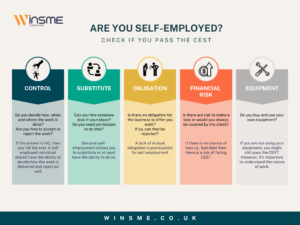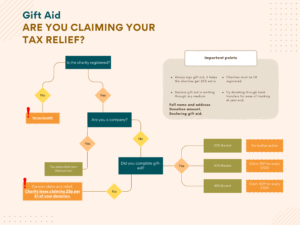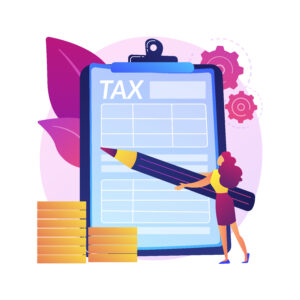In a significant move to enhance tax compliance, HMRC has introduced new reporting requirements that affect various digital platforms, including those used by private hire taxi drivers, gig economy workers, and other service providers. This article provides a comprehensive overview of these regulations, their implications, and important deadlines.
Overview of the New Reporting Rules
Starting January 1, 2024, digital platforms facilitating transactions for services will be required to collect and report specific information about their users. This initiative aims to improve transparency and combat tax evasion across multiple sectors.
Key Features of the Reporting Rules
- Information Collection: Digital platforms must gather essential details from their users, including:
- Name
- Address
- Tax identification number (e.g., National Insurance number)
- Earnings generated through the platform
- Cross-Checking Data: HMRC will utilize this information to cross-check against tax returns, ensuring that all income is accurately reported. This means that users of these platforms must maintain precise records of their earnings.
- International Cooperation: The rules align with international standards set by the OECD, allowing HMRC to share information with tax authorities in other countries. This is particularly relevant for users who operate across borders or utilize platforms based outside the UK.
Tax Check Requirement for Licensing
In addition to the reporting rules, individuals applying for licenses in various sectors (including private hire taxis) must complete a tax check. This requirement ensures that all applicants are compliant with their tax obligations.
What You Need to Know About the Tax Check
- Application Process: When applying for a license, you must complete a tax check through HMRC. This involves providing information about your tax status and confirming that you are registered for tax purposes.
- Deadline for Tax Checks: The tax check must be completed before your application can be processed. It’s advisable to start this process well in advance of your license renewal date to avoid any delays.
- Tax Check Code: After completing the tax check, you will receive a unique code that must be included in your licensing application. Without this code, your application will not be processed.
Important Deadlines
- January 1, 2024: New reporting requirements for digital platforms come into effect.
- January 31, 2025: Deadline for digital platforms to submit their first reports to HMRC covering the period from January 1, 2024, to December 31, 2024.
- 5 October 2024: Deadline for registering for Self Assessment if you started earning in February 2024.
- Ongoing: Ensure that you complete your tax check before applying for or renewing any relevant licenses.
Implications for Users of Digital Platforms
These new regulations will impact a wide range of individuals using digital platforms, including:
- Gig Economy Workers: Freelancers and contractors using platforms like Uber, Deliveroo, or Upwork will need to ensure they report their earnings accurately.
- E-commerce Sellers: Individuals selling goods through platforms like eBay or Etsy must also comply with these reporting requirements.
- Content Creators: Those earning income through platforms like YouTube or Patreon will be subject to the same scrutiny regarding their earnings.
Conclusion
The introduction of these new reporting rules and tax check requirements marks a significant shift in how individuals using digital platforms will need to manage their tax affairs. By ensuring compliance with these regulations, users can avoid potential penalties and ensure a smoother licensing process.
If you have any questions about how these changes might affect you or need assistance with the registration process, don’t hesitate to reach out for help! Staying informed and proactive is key to navigating these new requirements successfully.









